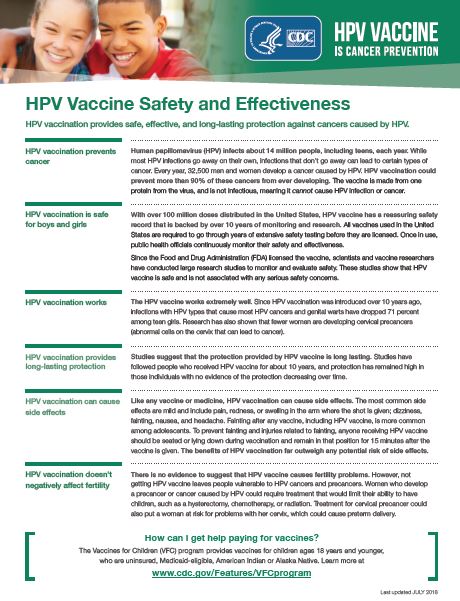When it comes to giving a series of shots to adolescent girls to guard against cervical cancer, some pediatricians do not hesitate to recommend the vaccines. “We are at the brink of something very exciting. It’s a public health issue, not an issue about a sexually transmitted disease.
It’s important to immunize as many young girls as possible to protect them from their future,” says Dr. Neville Golden, chief of adolescent medicine at Lucille Packard Children’s Hospital.
Gardasil, which was approved by the FDA in June 2006, has been endorsed by the Centers for Disease Control as a means to prevent young women from contracting a handful of strains of the Human Papilloma Virus (HPV) that have been linked to cervical cancer. The disease kills an estimated 4,100 each year.
As of March 30, 2007, Merck had sold 5 million doses of the vaccine, which is administered three times over six months. While the protocol has not had any reported significant side effects – minus a possible low-grade fever, nausea or on-site swelling –
some parents feel that going ahead with the shots is premature.
John Wardee, a former cancer information specialist with the National Cancer Institute, recognizes the merits of prevention – with his sister dying of die disease at age 28 – but remains skeptical about the effectiveness of this particular vaccine.
“My worry is, it is too new to trust. I’m worried about long-term side effects that haven’t had time to manifest given the short time it’s been out,” says the father of two teenage girls.
Golden explains that the protein-based composition of the vaccine has no infectious components, and its function is to trigger the body’s immune response. Dr. Nadine Burke, medical director of the Bayview Child Health Center in San Francisco, is another advocate for the vaccine who has encountered some understandable uncertainty from her patients’ parents.
“I get questions about whether it’s necessary,” she says. “Parents are concerned that they’re sending the wrong message to the child. They don’t want to see it as an endorsement of sexual activity and unprotected sex specifically. That’s part of the education. … They don’t want to begin having this conversation with a 9-year-old. [via BA Parent]

